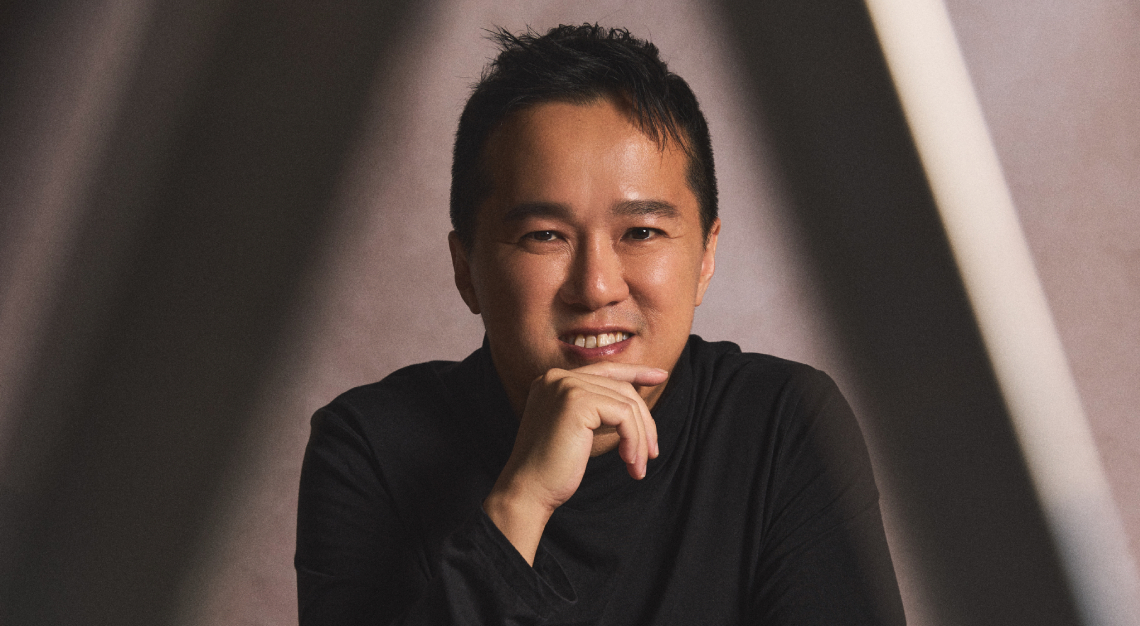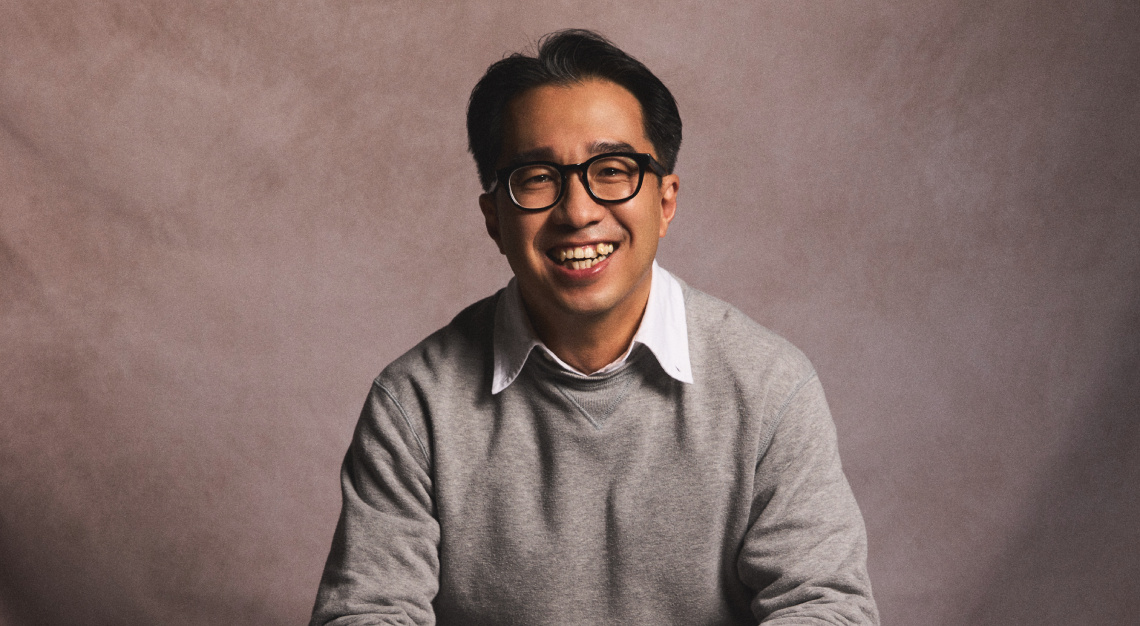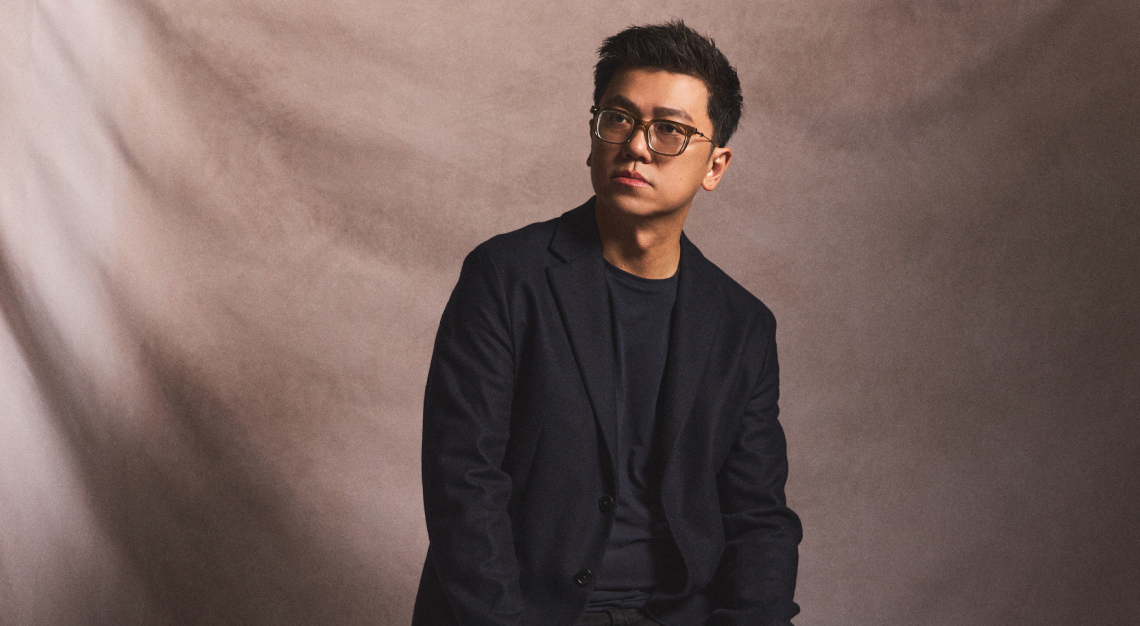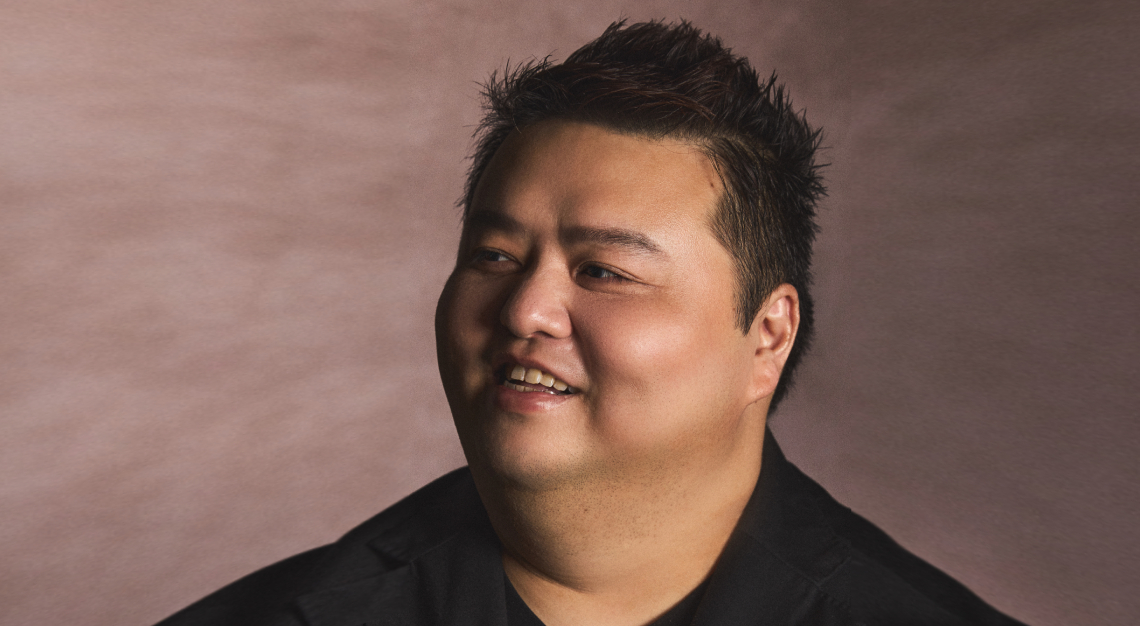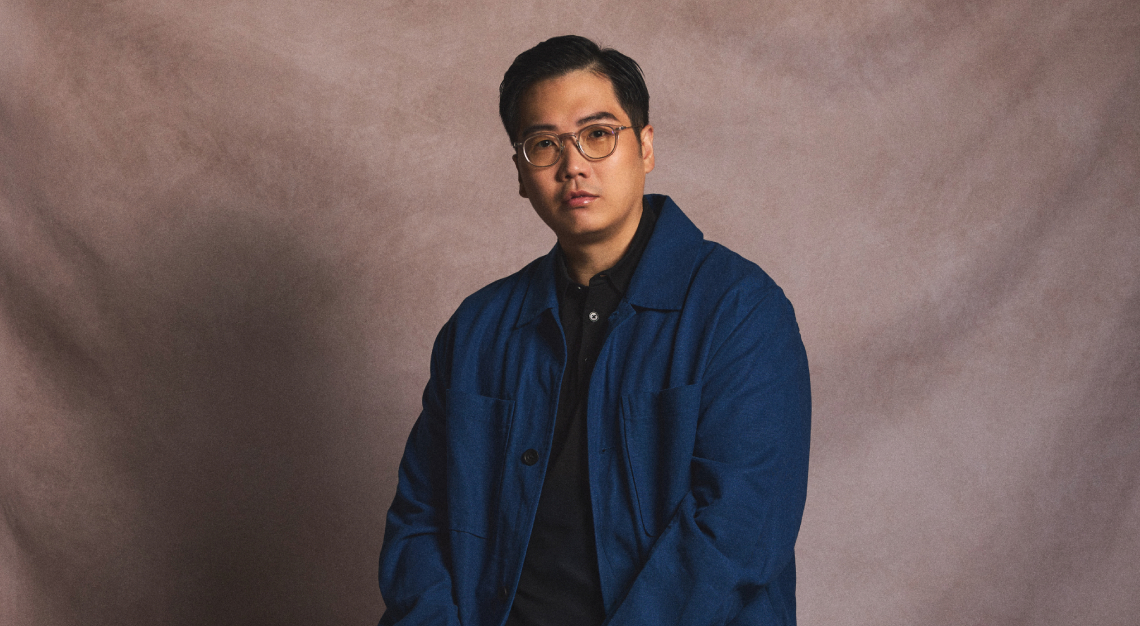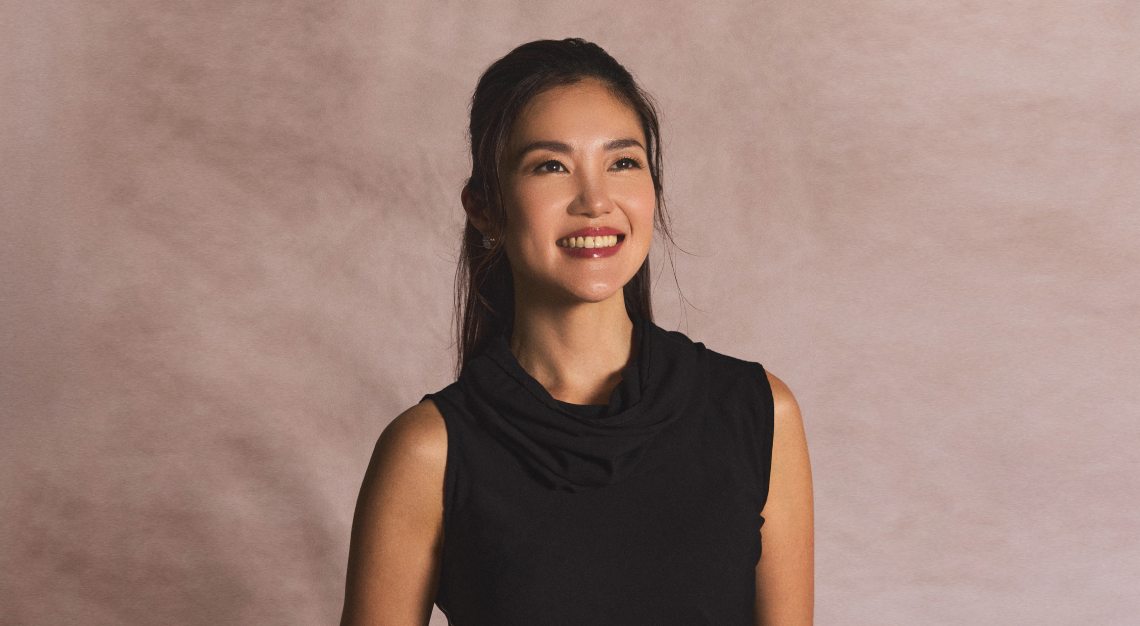“Saying no isn’t rejection, but rather redirection.” – Lionel Leow, founding partner and architect of Ta.Le Architects
‘Design for longevity, not applause’ is the guiding mantra of Ta.Le co-founder and architect Lionel Leow—a reminder to prioritise lasting value and integrity over fleeting recognition. Early in his career, however, the allure of acclaim was hard to ignore. “I used to equate winning awards or landing high-profile projects with success,” he reflects.
A formative period abroad would later reshape his understanding of design and its purpose. While pursuing postgraduate studies at Delft University of Technology in the Netherlands, Leow encountered a design culture that was grounded in contextual sensitivity, innovation, and sustainability. “Living abroad and immersing myself in the Dutch architectural landscape was transformative,” he says. That experience laid the foundation for a philosophy that is rooted in social and ecological responsibility—principles that now anchor Ta.Le’s work.
This belief in meaningful, enduring design eventually led Leow to take a leap of faith, leaving the security of established roles to co- found Ta.Le. “It was the biggest professional risk I’ve taken,” he shares. “But it taught me that risk becomes manageable and even rewarding when it’s grounded in a shared purpose.”
In the years since, Leow has quietly redefined what success means to him. It is no longer measured by public accolades, but by impact: creating spaces that matter, nurturing a resilient team, and remaining steadfast in his commitment to sustainability in both design and practice.
“Success, to me, is about designing with intention and leading with integrity,” he says. “It’s about living in alignment with those values while making time for reflection, growth, and the people who matter most.”
Is there a trend or emerging technology that you think could shape the future of your field?
Emerging technologies like AI-assisted design and biomaterials are transforming the way we work, but the more profound shift lies in embracing regenerative architecture. It’s no longer enough to simply minimise harm; we must create buildings and environments that actively restore and enhance ecological health. I believe the future depends on resourceful, low-impact, and locally responsive design strategies.
If you could change one thing about your industry, what would it be?
The widespread undervaluation of design. Too often, decisions are driven solely by cost, with design treated as an afterthought. Yet thoughtfully designed environments have the power to deliver lasting economic, social, and ecological value. I hope to see the industry adopt a more holistic approach that integrates sustainability, quality of life, and environmental stewardship into every project from the start.
What’s a lesson you learnt the hard way, but are now grateful for?
I learnt the hard way that not every opportunity aligns with your values. In the early days, I said yes too quickly, thinking momentum was everything. Over time, I realised the importance of being selective, to ensure each project contributes to the legacy we want to build. Saying no isn’t rejection, but rather redirection.
What belief did you hold early in your career that you’ve since outgrown?
I used to believe that if you worked hard enough, everything would fall into place. But I’ve learnt that honesty with yourself, about your limits, values, and vision, is even more important. I also used to idealise perfection in design. Now, I see beauty in adaptability, responsiveness, and intention.
Photography by Eugene Lee of Enfinite / Hair & Makeup by Sophia Soh of Suburbs Studio
